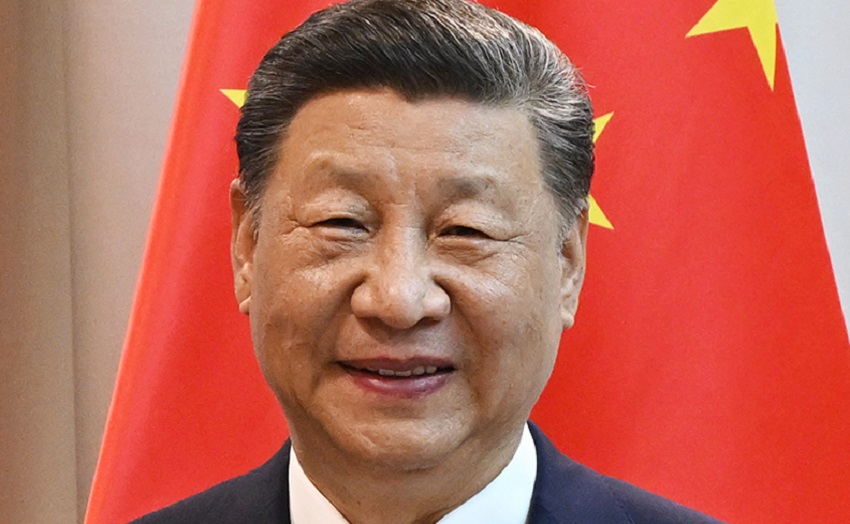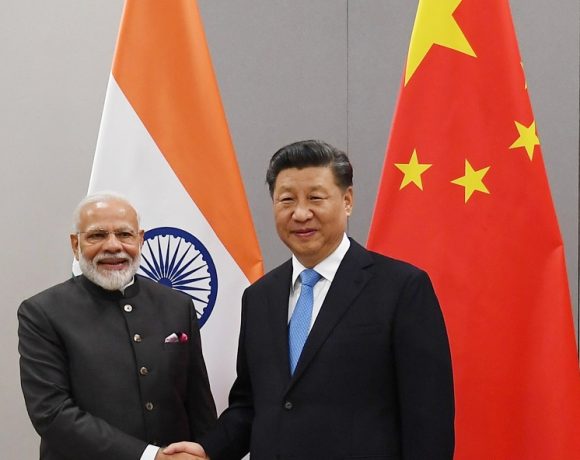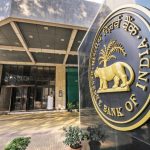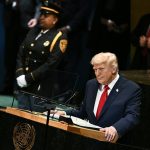
China Condemns U.S. Tariffs, Vows Retaliation
China has issued a strong rebuke to the latest U.S. decision to impose sweeping tariffs on Chinese imports, describing the move as a “typical unilateral bullying practice.” The U.S. administration recently announced a global base tariff of 10%, with an additional 34% specifically targeting goods from China.
Beijing has condemned the measure, stating it not only violates established international trade norms but also poses a threat to the health of the global economy. The Chinese government accused Washington of using trade as a tool of coercion rather than diplomacy, warning that such actions undermine the principles of fair trade.
China Demands Reversal, Warns of Response
In a sharply worded statement, the Chinese Ministry of Commerce called on the U.S. to “immediately cancel” the newly imposed tariffs and instead engage in “equal dialogue” to resolve trade disputes. The ministry cautioned that there are no winners in a trade war and that protectionist policies will ultimately destabilize global supply chains.
China has vowed to take “resolute countermeasures” to protect its national interests. While details of the retaliation have not been disclosed, Beijing signaled that it would not hesitate to respond in kind to what it views as an unjustified economic attack.
Global Concerns Over Trade Escalation
The renewed trade friction between the world’s two largest economies has reignited fears of a broader economic fallout. Economists warn that escalating tariffs could lead to greater market uncertainty, disrupt cross-border commerce, and slow down post-pandemic economic recovery.
With global markets already jittery due to geopolitical instability and inflationary pressures, the latest tariff confrontation is being closely watched by investors and policymakers worldwide. Many are urging both sides to exercise restraint and return to constructive negotiations before the standoff inflicts deeper economic damage.
As the situation unfolds, the world braces for the potential ripple effects of a trade clash that could redraw economic alliances and alter global trade dynamics for years to come.


















